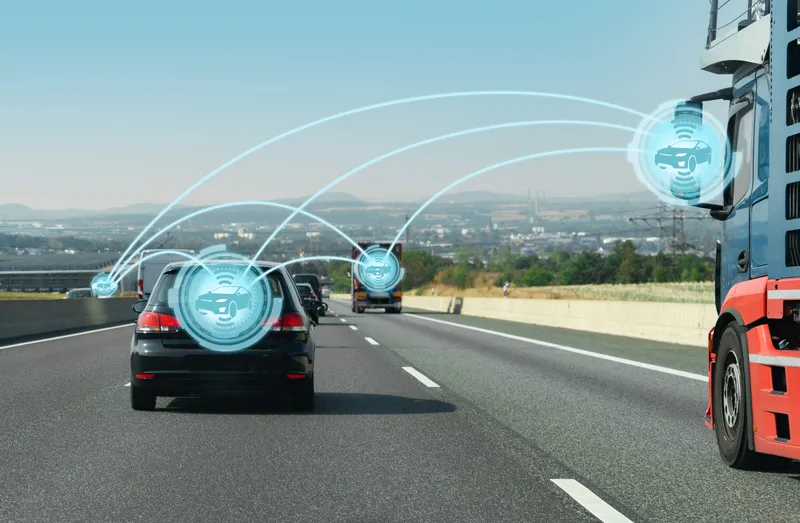Southwest Research Institute (
The agreement between SwRI and CSIR, through its Indian Institute of Petroleum Laboratory (IIP), allows for the two research and development organisations to establish a centre of excellence in “Combustion Characteristics and Emissions of Future Fuels and Engine Development.” The agreement also encourages SwRI to support CSIR/IIP in developing lubricant evaluation facilities, to cooperate with CSIR/IIP on work for Indian clients, to utilise IIP facilities and expertise in projects run by SwRI, to submit joint R&D projects to the INDO-US Forum for Science & Technology and other governmental agencies in India for funding, and to work together to create joint proposals for organising seminars in India and the United States.
“Engine, vehicle and emissions research and development is growing at a rapid pace in India. Along with increased research in fuels and lubricants required for end use, the strategic alliance with IIP will help accelerate that trend, not only for introduction and use in India, but for potential export,” said Bruce Bykowski, vice president of SwRI’s Engine, Emissions and Vehicle Research Division.








